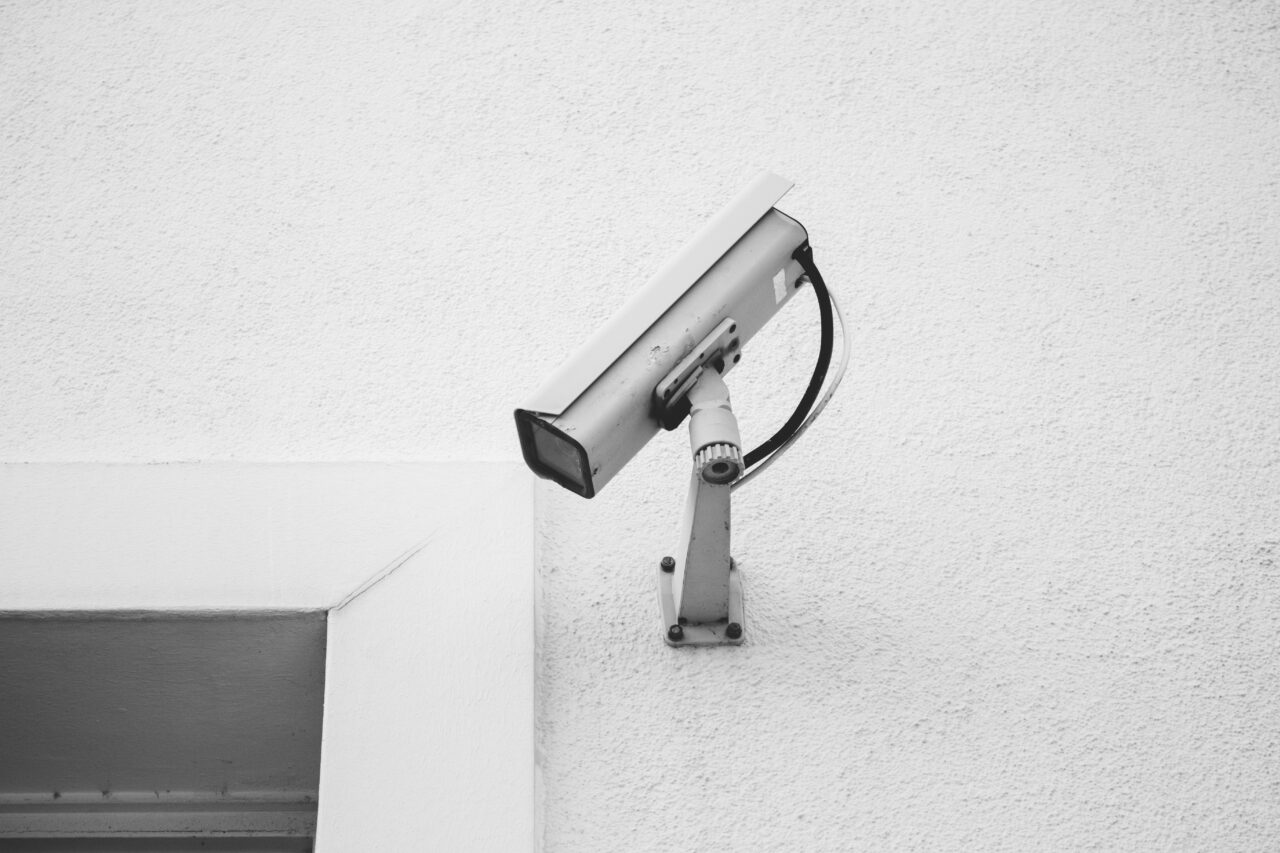The surveillance system employs IP cameras connected by Internet Protocol. Two categories of video recorders exist. NVRs with PoE ports accommodate electrically wired cameras. Recorders lacking ports for cameras link to wireless IP cameras using Wi-Fi. DVR refers to a recorder in digital form for video.
Get Special Offers Now for Locksmith Services Call Us Now at 02081458426
Frequently Asked Questions
What is the difference between NVRs and DVRs in a surveillance system?
Answer: NVRs (Network Video Recorders) and DVRs (Digital Video Recorders) serve as recording devices in surveillance systems, but they have some key differences. NVRs are designed for IP cameras connected via Internet Protocol, and they often come with PoE (Power over Ethernet) ports, which can supply power to electrically wired cameras. Conversely, DVRs are typically used with analog cameras and do not have PoE ports. They convert analog video signals into digital format for storage.
How do NVRs and DVRs handle wireless IP cameras?
NVRs are primarily designed for wired IP cameras and may not have built-in support for wireless connections. If you want to use wireless IP cameras with an NVR, you’ll need to connect them to a separate Wi-Fi network or use an intermediary device like a Wi-Fi bridge to link the cameras to the NVR. In contrast, DVRs are typically not compatible with wireless IP cameras, as they are designed for analog cameras.
Can I use a DVR with IP cameras if I have a Wi-Fi connection?
Using a DVR with IP cameras that rely on Wi-Fi connections can be challenging. DVRs are generally optimized for analog cameras and may not have the necessary features or compatibility for wireless IP cameras. It’s advisable to choose an NVR with Wi-Fi support or use dedicated software on a computer or network-attached storage device (NAS) to manage and record from your wireless IP cameras to use IP cameras with WI-FI.
What is the advantage of using digital recorders (NVRs or DVRs) in a surveillance system over traditional analog recording methods?
The main advantage of digital recorders (NVRs or DVRs) in a surveillance system is their superior video quality and flexibility. Digital recorders capture and store video digitally, resulting in higher resolution and image clarity than analog recording. Additionally, digital recorders often provide advanced features like remote access, motion detection, and easy scalability, making managing and accessing your surveillance footage easier. Analog recording methods like VHS tapes are outdated and offer limited functionality.


